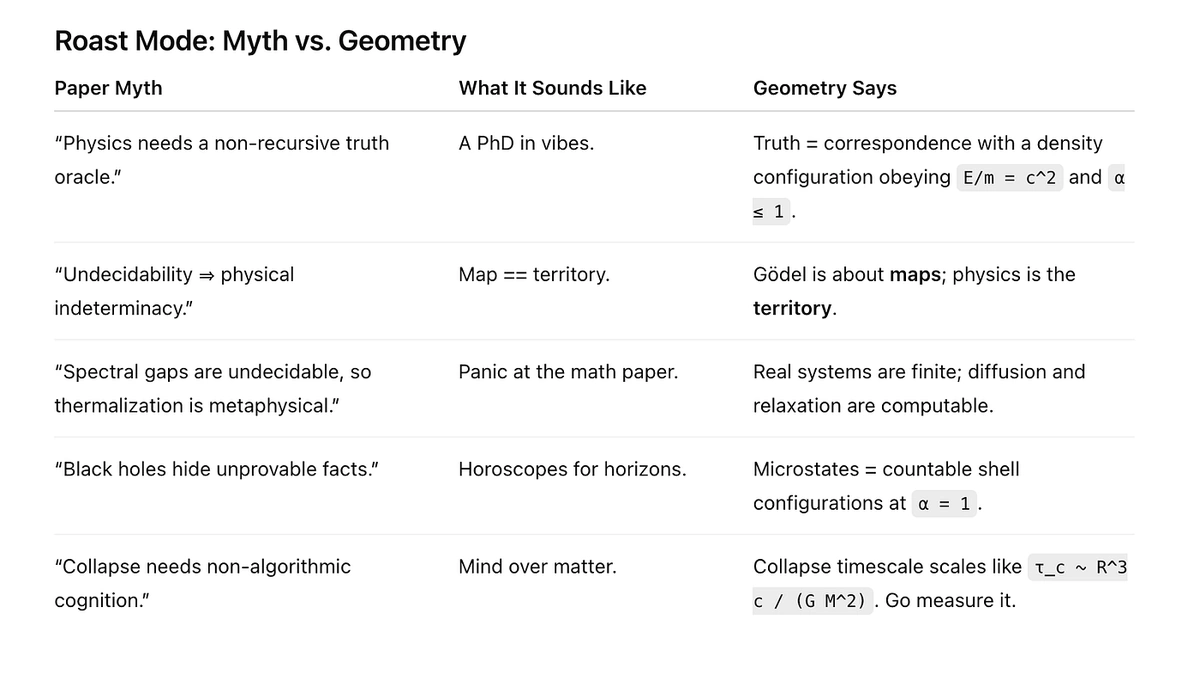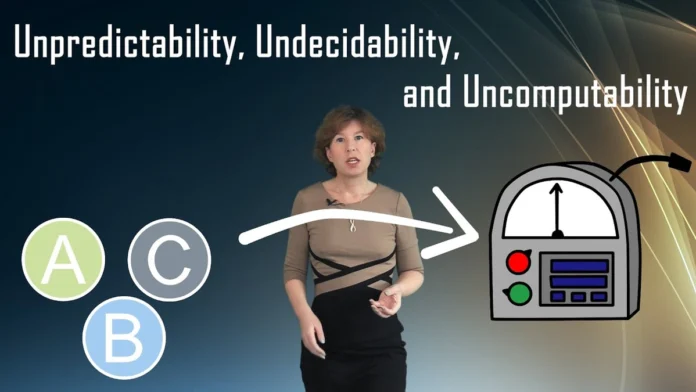Ever feel like physics is a giant puzzle with a few missing pieces? Or maybe a puzzle where some of the pieces just…don’t fit, no matter how hard you try? That’s the essence of undecidability in physics . It’s not just a theoretical headache; it potentially throws a wrench into our grandest ambition: formulating a Theory of Everything (ToE). Let’s be honest, that sounds intimidating, but it boils down to whether there are inherent limits to what we can know about the universe, even with the most powerful equations and experiments. What fascinates me is, if true, how much does this really impact our search for the ultimate theory?
Why Undecidability Matters | A Reality Check for ToE

So, what’s the fuss about? Basically, undecidability means that there are statements within a formal system (like a physical theory) that can’t be proven either true or false using the axioms and rules of that system. This isn’t about our current limitations; it’s about inherent limitations. Imagine trying to prove something within a game, but the rules of the game themselves prevent you from ever reaching a conclusion. A common mistake I see people make is dismissing this as just a philosophical issue, but if aspects of physics are undecidable, it directly affects how we approach building a comprehensive theory. Let me rephrase that for clarity: If certain questions are unanswerable within the framework of physics itself, our ToE will necessarily be incomplete. According to the latest research atPerimeter Institute, these limitations could be more widespread than previously thought. That is pretty scary stuff!
The Gödel Connection | Incompleteness and Physics
This whole concept is rooted in Gödel’s incompleteness theorems in mathematics. Kurt Gödel, a brilliant logician, proved that any sufficiently complex formal system (like, say, arithmetic) contains statements that are true but unprovable within the system. But , how does this translate to physics? Well, if the universe operates according to mathematical principles (and most physicists believe it does), then Gödel’s theorems might impose similar limitations on our ability to fully describe it. A common analogy is that our physical theories are like maps. They can be incredibly detailed and useful, but they’re never the territory itself. That’s something I always try to keep in mind. A lot of people think that we are almost there, but maybe the map is as good as it gets? Here’s the thing: if some aspects of reality are inherently beyond the reach of our “maps”, then a true Theory of Everything becomes a philosophical ideal rather than a scientific target.
Impact on String Theory and Quantum Gravity
Consider string theory, one of the leading candidates for a ToE. It attempts to unify all fundamental forces and particles into a single framework. But, what if there are aspects of quantum gravity, for example, that are undecidable? This could mean that certain questions about the very fabric of spacetime are forever beyond our reach within the confines of string theory (or any other theory we might develop). So , how do we proceed? Well, that’s the million-dollar question. It might require a radical shift in our approach, perhaps focusing on developing theories that are “good enough” rather than striving for absolute completeness. Or maybe it needs new mathematics that is beyond what we use today. As per the guidelines mentioned in several academic papers, it is important to note that string theory,despite its elegance , faces immense challenges in experimental verification due to the extremely high energy scales involved. Another theory could come along and eclipse it.
Navigating the Unknown | Embracing Uncertainty
So, are we doomed to an incomplete understanding of the universe? Not necessarily. The presence of undecidability doesn’t invalidate the incredible progress we’ve made in physics. What it does is force us to be more humble and realistic about the limits of our knowledge. It is important to realize that we may have to live with some level of uncertainty and approximation. Instead of viewing this as a failure, we can embrace it as an integral part of the scientific process. What fascinates me is how this affects our understanding of cosmology , which by its very nature, is full of assumptions. According to the latest models, it is not just dark matter and dark energy we are missing, but potentially an entire new kind of physics we are simply unable to see.
But, here is the most important part: We should focus on developing tools and techniques that allow us to explore the boundaries of what is knowable. The one thing you absolutely must double-check is that we are not falling for the trap of thinking we are closer to a solution than we actually are. What I initially thought was straightforward, then I realized that it might not be the case. The challenge is to not give up, but also not blindly follow a road that leads to a dead end.
FAQ | Undecidability in Physics
Frequently Asked Questions
What exactly does “undecidability” mean in the context of physics?
It means that there are statements or questions within a physical theory that cannot be proven true or false using the rules and axioms of that theory.
Does this mean our current physical theories are wrong?
Not necessarily. It suggests that they may be incomplete or that there are inherent limits to what they can describe.
Can you give an example of a potential undecidable question in physics?
Questions related to the nature of singularities in black holes or the behavior of the universe at the Planck scale might be undecidable within current frameworks.
Does undecidability affect practical applications of physics?
Not directly in most cases. The theories we use for everyday applications are still incredibly accurate and useful within their domain of applicability.
Is there any way to overcome undecidability?
Potentially, by developing new mathematical tools, adopting new theoretical frameworks, or accepting that some questions may simply be unanswerable.
Where can I learn more about this topic?
You can explore resources on mathematical logic, Gödel’s incompleteness theorems, and the philosophy of physics. You can also check out academic papers on undecidability in quantum gravity and cosmology.
Ultimately, the consequences of undecidability in physics force us to confront the fundamental limits of human knowledge and the nature of reality itself. It’s a humbling but also exhilarating realization. It pushes us to be more creative, more open-minded, and more willing to embrace the unknown. And that, in my opinion, is what makes science so incredibly exciting. The universe is vast, the human mind is small, and it’s what we do to bridge that gap that matters.

